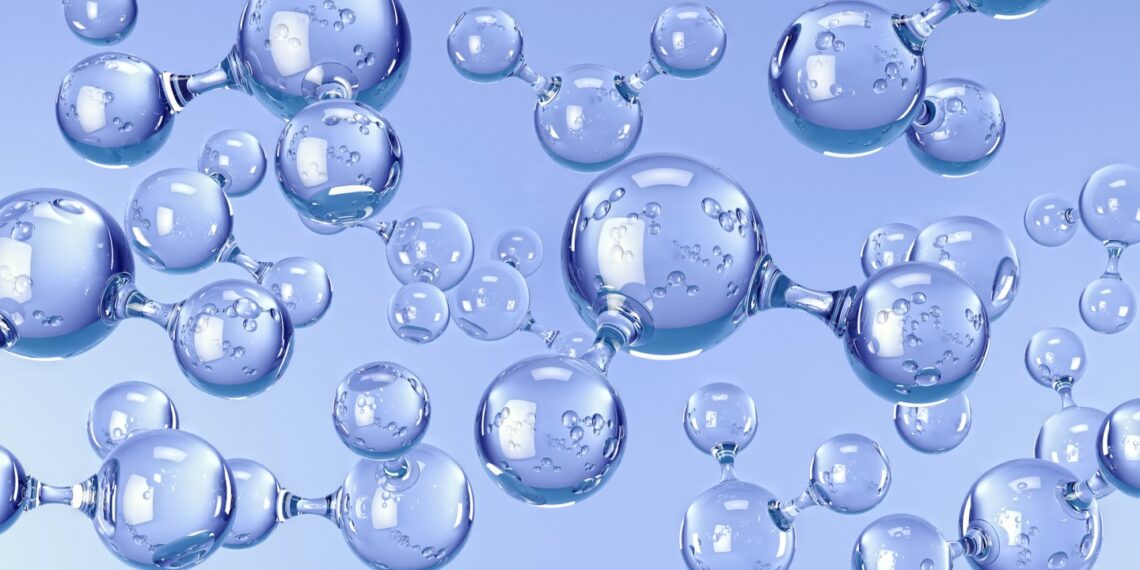Cooperation between the universities of Bochum and Duisburg-Essen enables a new approach to transporting hydrogen
Hydrogen is obtained by splitting water (H2O), which requires sustainable energy sources such as wind and solar energy. Countries with lots of space and sun, like Namibia, are ideal for this. Since Germany has to import hydrogen and liquefying it is very energy-intensive, ammonia could serve as a means of transport. Ammonia is easier to liquefy and has a higher energy density. At the destination, ammonia is converted back into hydrogen, with only the hydrogen being used.
A research team from the Ruhr University Alliance has developed a catalyst that converts ammonia into hydrogen and nitrite. Nitrite can easily be processed into fertilizer. This approach combines the previously separate processes of hydrogen and fertilizer production on a laboratory scale. The results were published by the group led by Ieva Cechanaviciute and Prof. Dr. Wolfgang Schuhmann (Ruhr University Bochum) together with Prof. Dr. Corina Andronescu (University of Duisburg-Essen) published in the journal Angewandte Chemie International Edition on June 23, 2024.
Source: NMWP.NRW
